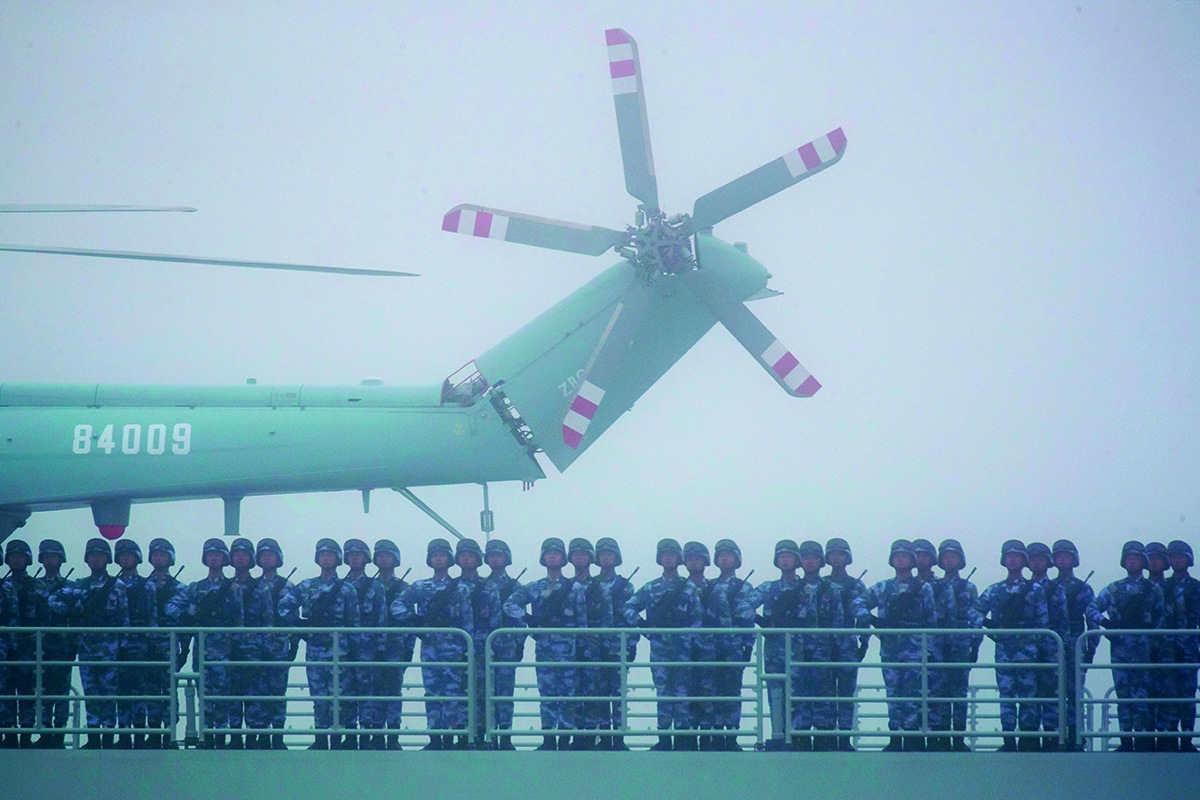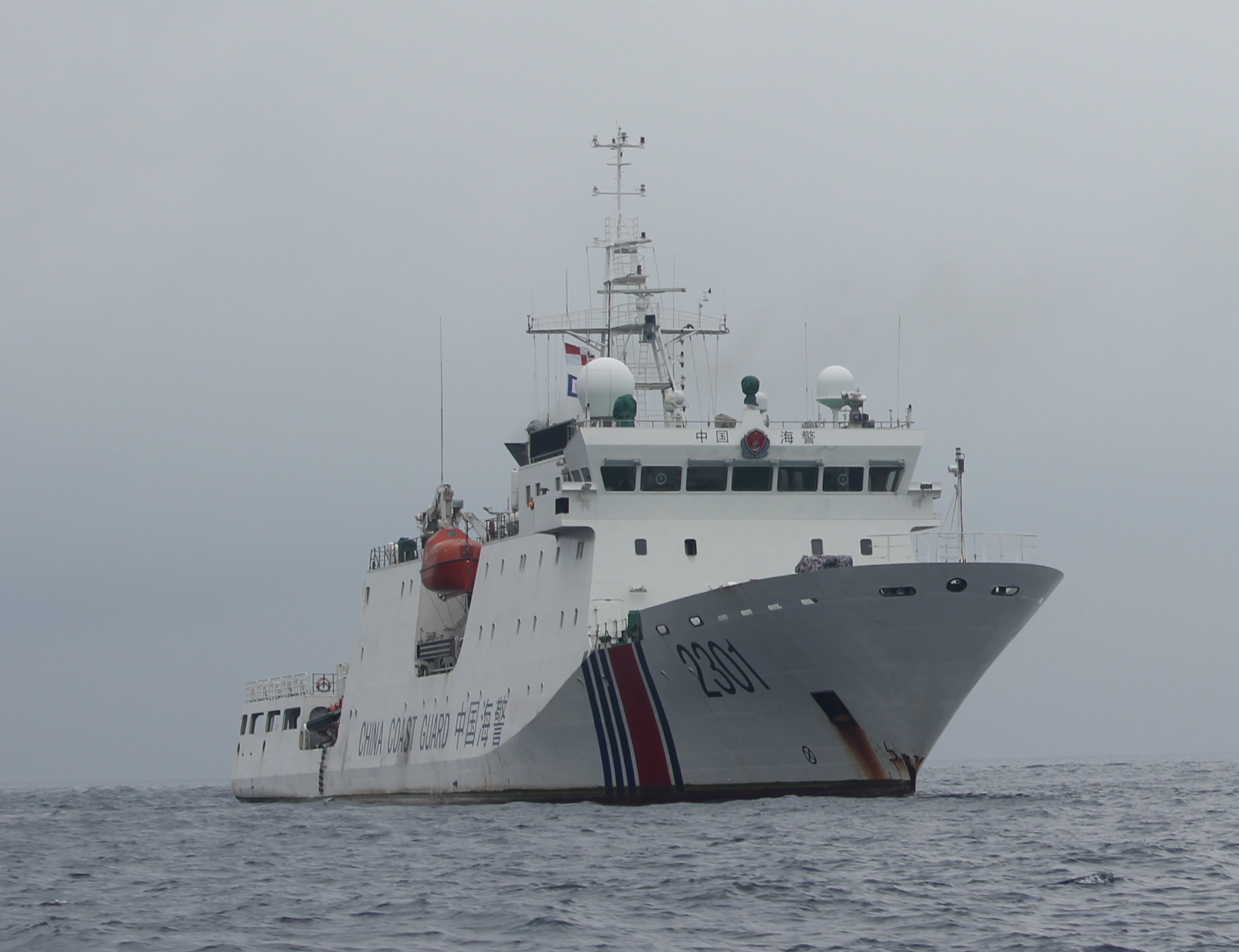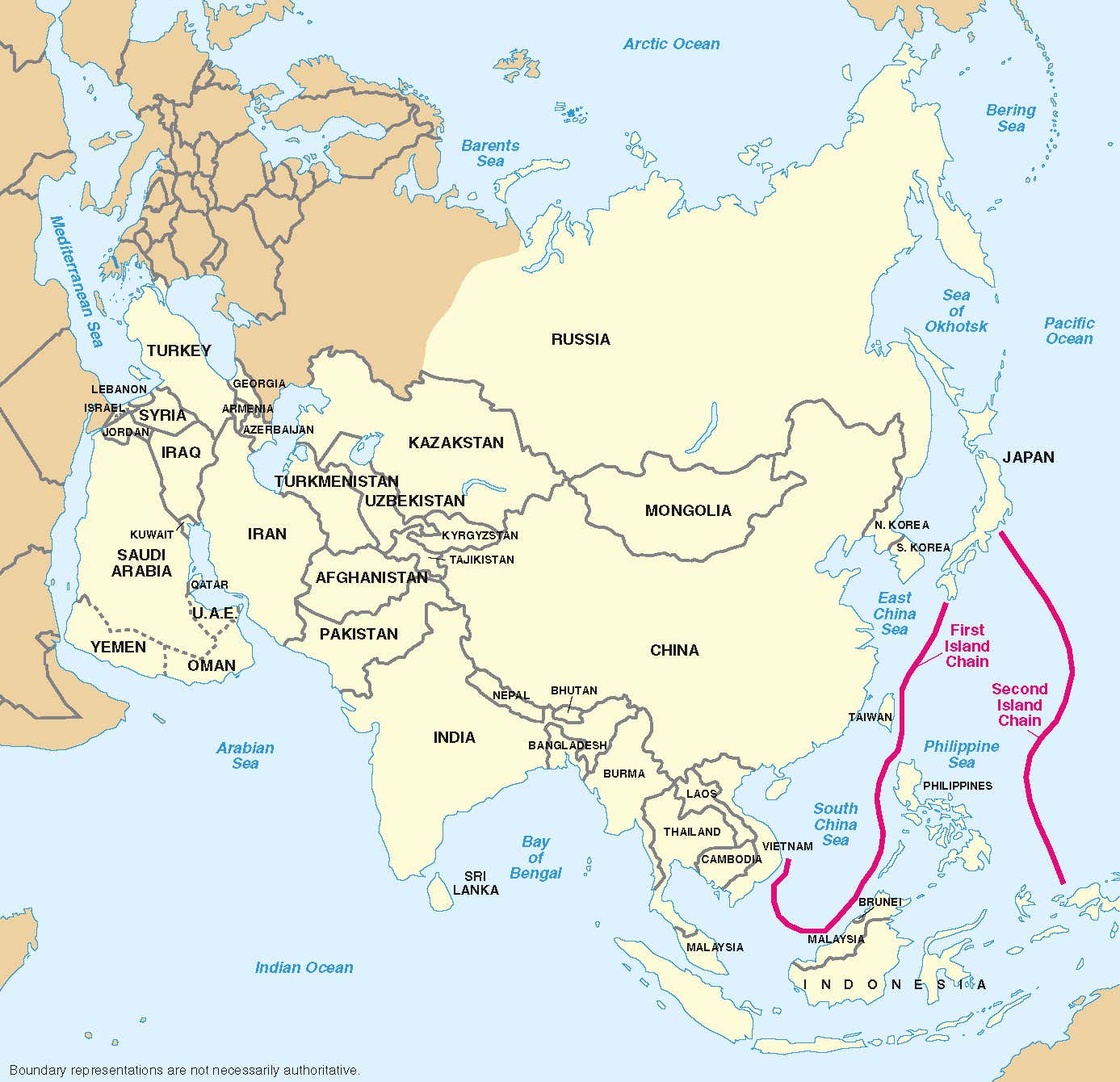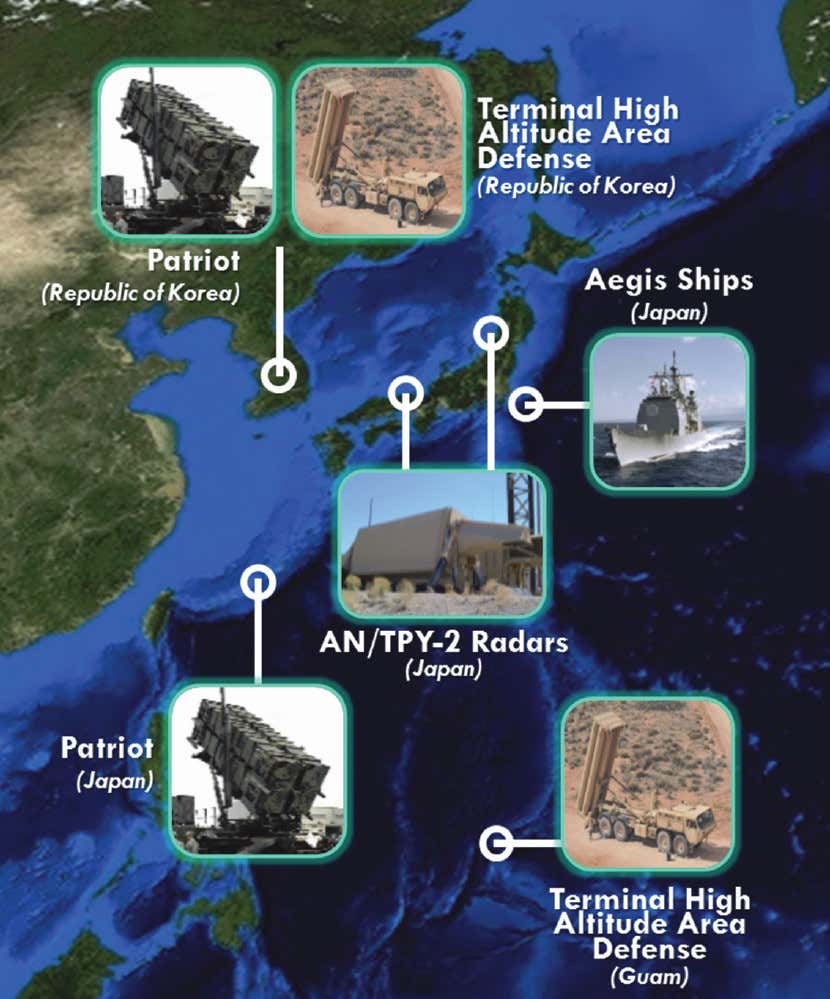Heritage Foundation, mikä on konservatiivinen ajatushautomo Washington DC:ssä, arvioi vuosittain USA:n asevoimien kykyä ja valmiutta. Heritage ajaa kyky kahden sotanäyttämön yhtäaikaisen sodan käyntiin. Mitoitusperusteena on Toisen Maailmansodan jälkeen USA:n käymien sotien joukkomäärät, ja heidän arvio on että yksi sotanäyttämö vaatii noin 20 maavoimien taisteluprikaatia plus muiden puolustushaarojen tuen. Heritagen tavoitteena on 50 aktiiviprikaatia, kun USA:n maavoimilla on tällä hetkellä 35. Toki kansalliskaartin aktivoimalla saadaan 50 taisteluprikaatia liikkeelle, mutta siihen menee helposti vuosi. Muilla puolustushaaroilla vastaava tilanne.Kyllä heiltä varmasti löytyy edelleen kahden teatterin doktriinin mukaiset voimavarat. Lähinnä olettaisin, että sekä Euroopan, Lähi-Idän ja Itä-Aasian noustua todennäköisimmiksi Suuren Rähinän teattereiksi, he joutuvat pallottelemaan resursseja enemmän Aasian ja Lähi-Idän välillä, vrt. siihen että ovat voineet vuosia rauhassa valita täyden keskittymisen jompaan kumpaan. Kuitenkin Euroopassa voimavarat riittävät jo ihan paikallisten toimesta jos kyse on vain Venäjän pitämisestä aisoissa, ja jenkkien paikallaolon tarkoitus on ennen kaikkea liittouman pitäminen vakaana ja kasassa (ettei heidän itse tarvitsisi kohdistaa niin suuria resursseja vanhan maailman tukemiseksi.) Päätavoite heillä on kuitenkin varmasti pitää yllä laaja-alaista pelotetta pienienkin sotatoimien välttämiseksi ja liittolaissuhteiden ylläpitämiseksi, siis status quon ylläpito, ja tämä on jatkuvasti hankalampaa. Tämä ei tarkoita etteivät he olisi tälläkin hetkellä ja pitkälle tulevaisuuteen suvereeneja jos kakka oikeasti osuu tuulettimeen.
Euroopassa haasteena on edelleen eurooppalaisten surkea teho-paino -suhde. Puolustukseen laitettuun rahaan nähden taistelujoukkoja saadaan liikkeelle säälittävän vähän ja hitaasti. Jenkit ehtii roudata divisioonan Atlantin yli ennen kuin eurooppalaiset saa edes jamppoja ulos kasarmeista väistöalueille. Uhkaan nähden tilanne on kuitenkin kohtuullinen.
Tyynellämerellä haasteena on "etäisyyden tyrannia", todennäköinen sotanäyttämö on tuplaten kauempana kuin Eurooppa, tukeutumisinfra heikompi ja vastustaja sotakokemuksen määrää lukuunottamatta kovempi. Tämän vuosikymmenen puolesta välistä alkaen Kiina kiistää USA:n toiminnan vapauden heti Hawaijin länsipuolelta lähtien, eli pitää taistella koko matka varsinaiselle toiminta-alueelle. Ja Kiina kasvattaa asevoimaansa edelleen ja sillä on myös taloudellinen kantokyky ylläpitää sitä, päinvastoin kun Venäjä.



















